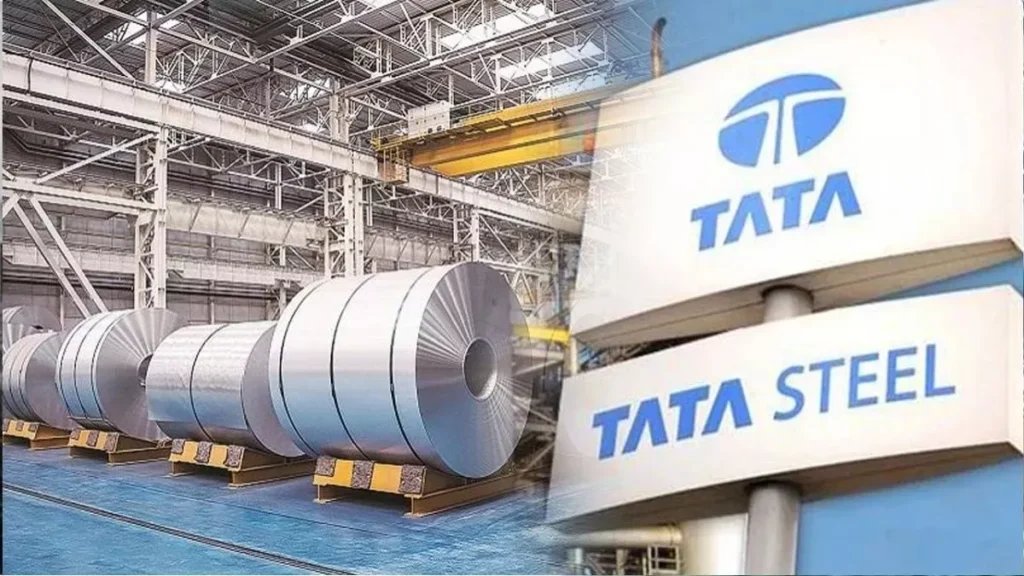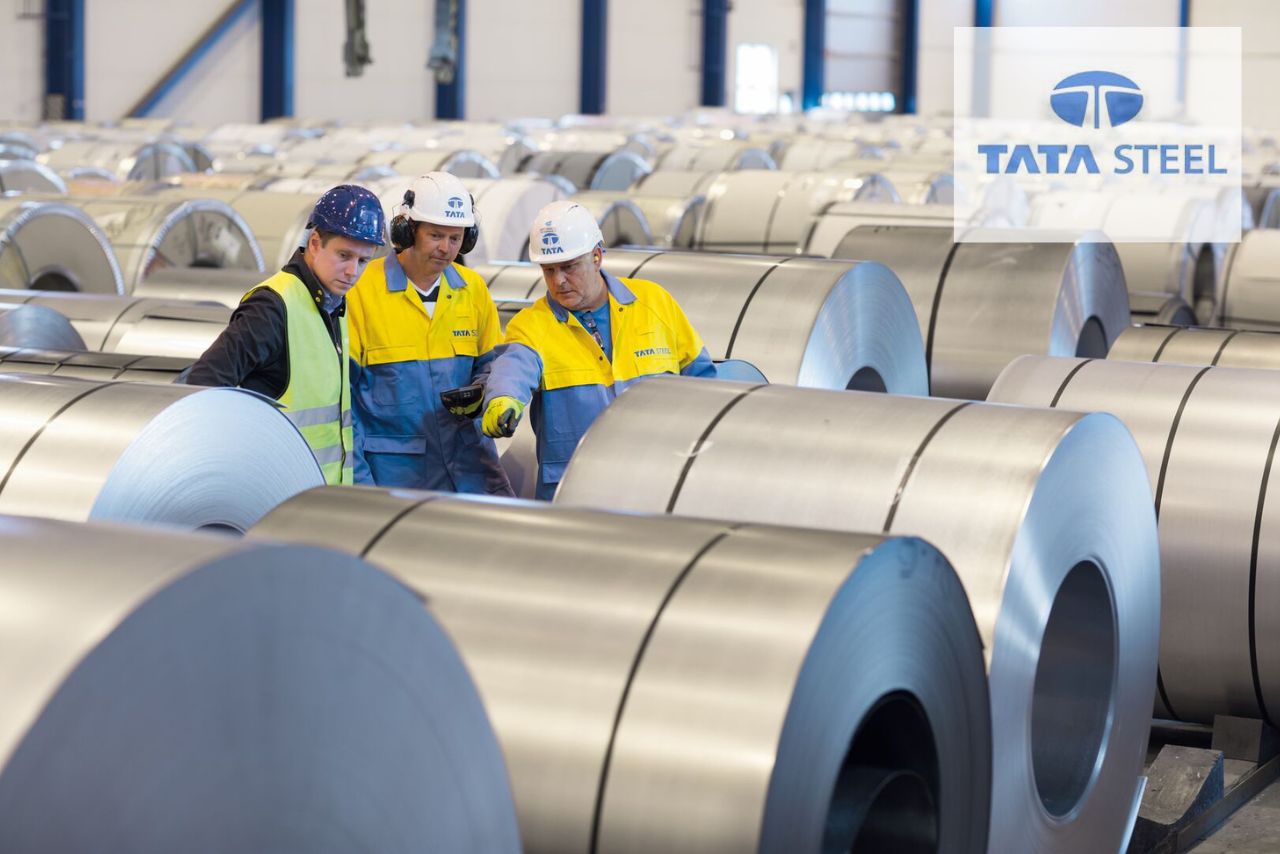
Tata Steel (TSL) has announced a comprehensive restructuring plan for its UK operations (TSUK) aimed at ensuring business continuity and improving sustainability. This strategic move reflects the company’s commitment to adapting to changing market dynamics.
Key Highlights of the Restructuring Plan
- Transition to Electric Arc Furnace (EAF): TSL plans to replace existing blast furnaces with a state-of-the-art 3 million ton per annum Electric Arc Furnace (EAF). This transition is expected to enhance operational efficiency.
- Government Grants: To support this transition, TSL secured 40% of the £1.25 billion investment through grants provided by the UK government. This financial assistance will play a crucial role in the project’s success.
- Cost Efficiency: The restructuring efforts aim to achieve cost differentials of £150-170 per metric ton compared to current operational costs. This cost savings potential is significant for TSUK’s financial health.
- Emission Reduction: TSL is targeting a substantial reduction in emissions, with a goal of lowering carbon emissions to 0.4 metric tons of CO2 per metric ton of steel produced, down from the current 2.16 metric tons. This aligns with sustainability objectives.
- Synergy with Scrap Ecosystem: The introduction of the EAF is expected to synergize with the existing scrap ecosystem in the UK, optimizing resource utilization.
Significance of the Restructuring
This restructuring plan is crucial, given the potential reduction in support from the parent company for TSUK operations in the future. The move addresses existing challenges and positions TSUK for long-term viability.
Market Dominance and Sustainability
TSL holds a significant market share in key sectors in the UK, including automotive, construction, and packaging. The restructuring plan will enable the company to further optimize its operations, enhance competitiveness, and align with sustainability goals.
Future Readiness
The restructuring plan signifies TSL’s commitment to future readiness in terms of profitability and ESG considerations. It also reflects the company’s efforts to adapt to changing market dynamics and align with global environmental standards.
Conclusion
Tata Steel’s comprehensive restructuring plan for its UK operations demonstrates its commitment to improving profitability and embracing sustainability. This strategic move is expected to have a positive impact on TSUK’s competitiveness and long-term viability.
![]()




